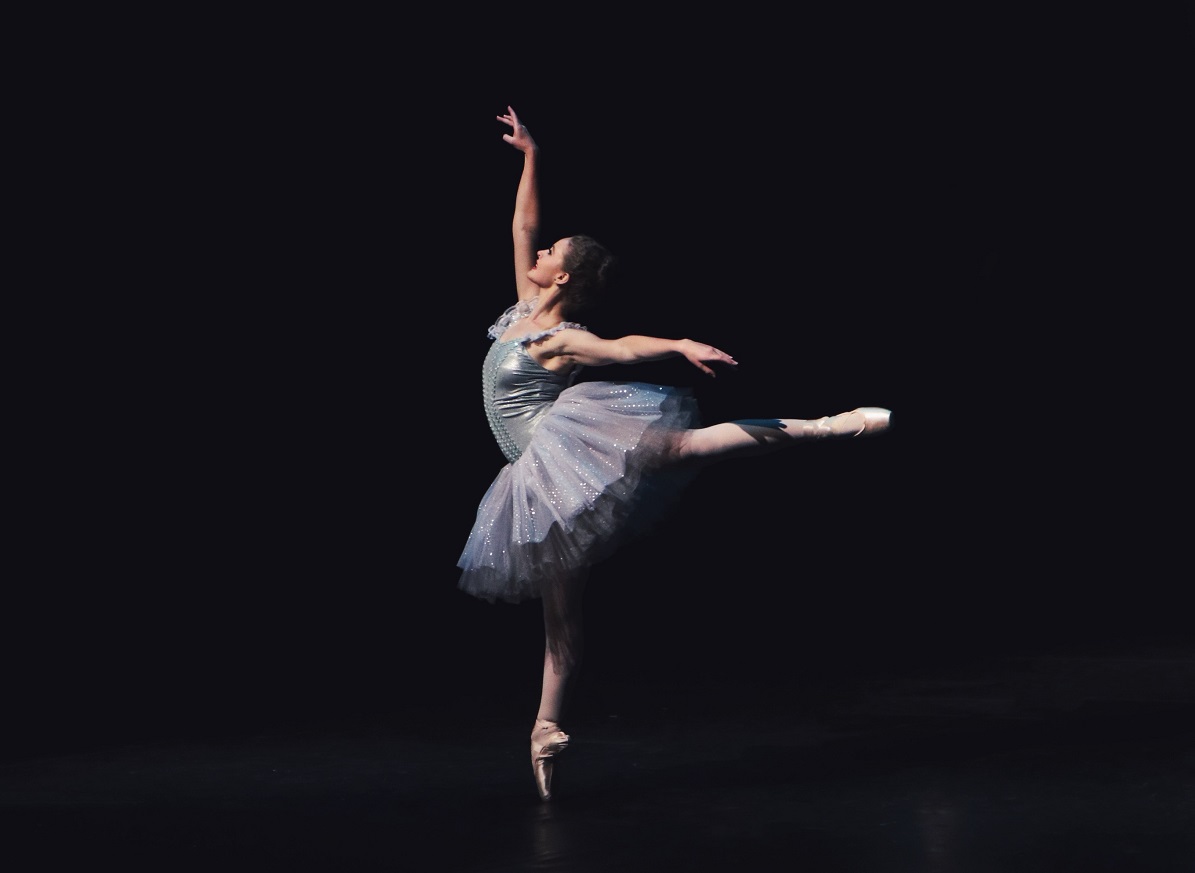On my quest to understand the world and the human nature, I just read ’Peak’ by Anders Ericsson and Robert Pool. They describe the research behind the (in)famous 10,000-hour rule, and what experts do differently from others. It is a fascinating read that focuses on skills like memorizing long number chains, working as an expert surgeon, or becoming a chess master, violin virtuoso, or tennis pro.
People who have achieved world-class in such areas have all used the same pattern – a pattern that Anders and Robert display. It is not just that they have spent at least 10,000 hours doing the same thing over and over. If you don’t use what they call ‘deliberate practice,’ you soon hit a plateau and never become better. But if you use deliberate practice you will add the following ingredients to all those hours:
- Someone else has already done it so you what success looks like.
- You set stretch goals that you almost find impossible and that are outside your comfort zone.
- A mentor can coach you and give you feedback on how you can improve.
A fascinating conclusion in their book goes against most of what I have experienced growing up: They say that except for clear cases like basketball where you need to be tall, there are no naturals. Anyone can master anything. Meanwhile, all of us have seen kids who dance, play soccer, charm others, apply spatial skills, master PlayStation games or use a vocabulary that far outreaches their peers’ already at very young ages. Is it only deliberate practice that causes these children to excel? From a layman’s perspective, I would still say there are naturals, even though I can’t prove it.
Perhaps such children have mastered not only the above skills by practicing. Perhaps they have done the same thing as master chess players have done according to Anders and Robert – analyzed what others are doing:
“The ability to recognize and remember meaningful patterns arises from the way chess players develop their abilities. Anyone who is serious about developing skills on the chessboard will do it mainly by spending countless hours studying games played by the masters. You analyze a position in depth, predicting the next move, and if you get it wrong, you go back and figure out what you missed. Research has shown that the amount of time spent in this sort of analysis—not the amount of time spent playing chess with others—is the single most important predictor of a chess player’s ability. It generally takes about ten years of this sort of practice to reach the level of grandmaster.”
Today, such analysis has become much easier since YouTube and other tools can show any expert. Add a deliberate practice routine to such a review of masters, and you are on your way to becoming if not a master, at least much better at what you do.
On the one hand, I think what Anders and Robert have done is superb. They uncover what is necessary to become great at something. On the other hand, it is quite hard to apply their ideas to what typical knowledge workers do. They mention meetings and more briefly, but I constantly wondered how their ideas could, for example, make me a better communicator or work smarter to support a corporate strategy using digital tools. The three points above and the chess players’ analyzing could apply to such areas as well, but how is less clear in ‘Peak.’
I recommend the book to anyone wanting to know more about what can make us much better at something. It doesn’t provide answers to how we can excel at just about anything, but for sure made me think. And Kate Bush was right: Don’t give up. Want to become a master at something? It will take a nearly stupid amount of uncomfortable hours before you arrive. Will it be worth it? I guess that will be up to each person applying those rules.
Photo by Hudson Hintze on Unsplash
